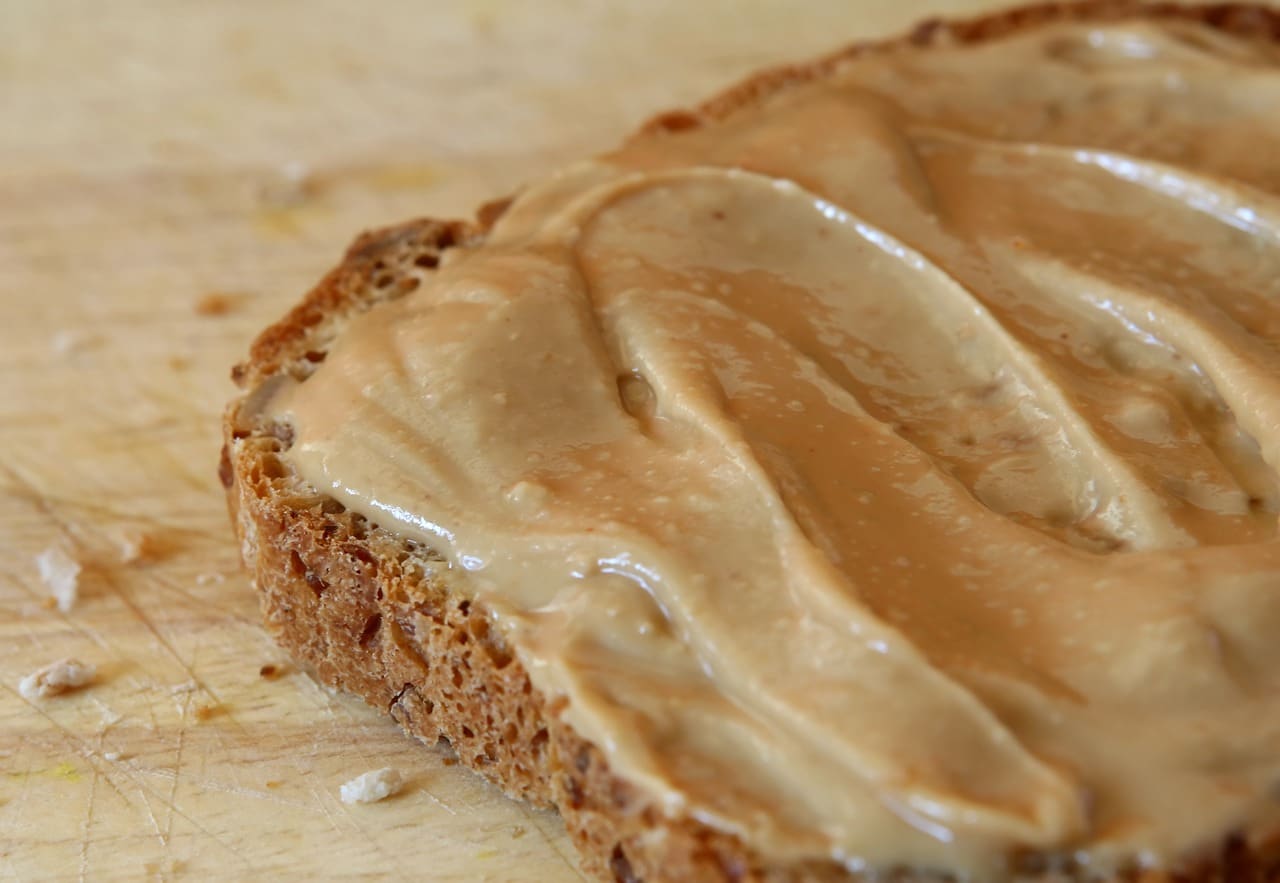If you are worried about peanut butter digestion problems, you’ve come to the right place. People who struggle to digest peanuts and peanut butter often ask, “do peanuts cause gas and bloating?” Foods that cause bloating and gas can prevent people from enjoying certain dishes, and it would be best to understand why indigestion and bloating occur in the first place. If you want to know more about foods that cause gas, today would be the perfect opportunity to do so.
Is Peanut Butter Difficult to Digest?
In general, peanut butter is not difficult to digest. However, people’s digestive requirements vary, so some people can suffer from indigestion, gas, and some bloating if this food doesn’t agree with them. Chunky peanut butter tends to be more difficult to digest than smoother peanut butter variants. If you have trouble digesting peanuts in general, then peanut butter may cause the same symptoms. We recommend shifting to other variants of peanut butter. Perhaps you can also try using peanut butter powder, which has been shown to cause less digestive issues in folks who have peanut allergy or sensitivity. If you have a peanut allergy, there is no way that you would be able to tolerate peanut butter regardless of the brand or make, so avoid peanut butter. It’s also unsafe for people with peanut allergies to try consuming peanut butter in any quantity.
How Does Peanut Butter Cause Gas?
Surprisingly, natural peanut butter does not cause bloating or gas. But if this is so, then why does commercial peanut butter give people gas sometimes? The answer may be simpler than you think. It’s not the peanuts causing the problem, but what manufacturers add to peanut butter as a filler that causes the actual problem. Hydrogenated vegetable oil is commonly used in peanut butter. It is commonly added to a variety of processed foods, not just peanut butter. Manufacturers use it because it doesn’t turn rancid easily, and it is relatively inexpensive to produce and acquire.
However, hydrogenated vegetable oil can produce severe side effects for some people.
Studies have shown that hydrogenated vegetable oil can substantially increase the inflammatory markers in the body. Another study showed that women could suffer from a 73% increase in inflammatory markers when they consumed lots of trans fats present in hydrogenated vegetable oils.
So if you are suffering from bloating, cramps, and other symptoms after eating peanut butter, keep in mind that it’s likely not the peanuts that are causing the bloat – it’s the oil. Skip commercial peanut butter brands and make your own at home. You can also try organic, no-filler peanut butter brands, or as we said earlier, there is no harm in trying peanut butter powder, which you can also add to almost any snack or dish. Peanut butter powder tastes the same, is flavorful, and doesn’t have the additives in other commercial peanut butter products that may be causing the bloating in the first place.
How Much Peanut Butter Can We Eat Per Day?
Peanut butter is a high-fat food, so you must control your servings per day so you don’t get too many calories from it. A general rule would be to limit yourself to a maximum of two tablespoons of peanut butter per day. Some people might get away with eating more if they have leaner diets and easily burn off the excess calories. However, if you are not on the athletic side and don’t have that much exercise, it would be best to limit yourself to the quantity stated above.
Some of you might be thinking: is peanut butter that bad? If we look at the nutritional data of peanut butter, we will discover that peanut butter is a fine food/product, not junk food. Like other naturally fatty food items like avocado, peanut butter falls into that category of food where overconsumption can cause problems. But then again, isn’t this true for all kinds of food, not just peanut butter?
Two tbsp. of peanut butter are equivalent to approximately a quarter cup of fresh peanuts. One serving will provide a whopping 207 calories of energy, nine grams of protein, eighteen grams of fat, six grams of carbohydrates, three grams of fiber, and just one gram of sugar. Peanut butter is hailed as an excellent magnesium source, vitamin B6, manganese, niacin, and vitamin E. You can also get elemental copper from peanut butter, which helps boost bone development and repair, immune power, and cardiovascular health (specifically, the blood vessels). Experts believe that getting a sufficient amount of copper in your diet can help improve your chances of beating osteoporosis and cardiovascular diseases. Osteoporosis, for one, can be beaten if you start earlier in its prevention.
Peanut butter is a power-packed foodstuff. It is highly concentrated in terms of calories and nutrients, so it does offer some benefits. For one, it can be used by people who want to quell their hunger quickly. Since peanut butter is high in fat, it can help reduce hunger pangs in between meals. It is also a very low-sugar food item, and it makes sense to pick peanut butter over sugary drinks and foodstuffs. An existing study showed the regularly eating peanuts could reduce your chances of having heart problems by as much as 38%. It is true that peanut butter has lots of fats. It has good fats, not trans fats, that are harmful to the heart and the rest of the cardiovascular system.
So if you are looking for a very healthy snack with oleic acid and has a record for maintaining good triglycerides, you know what food to pick the next time you go grocery shopping.

